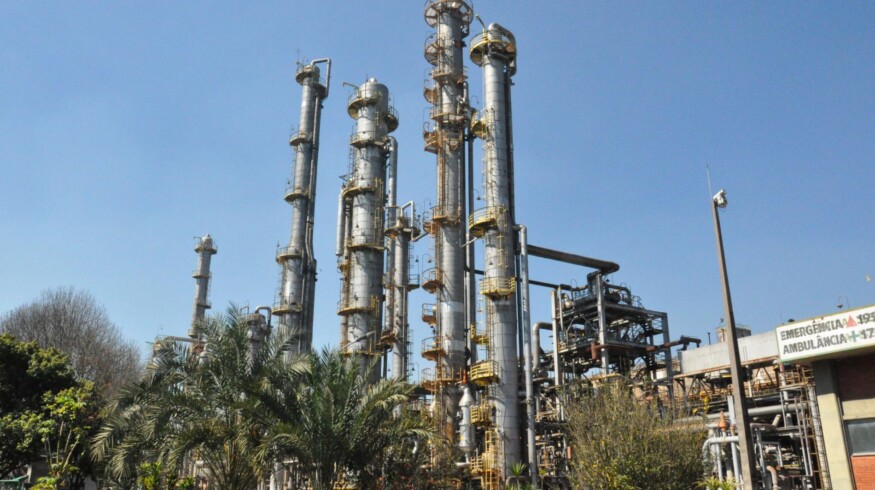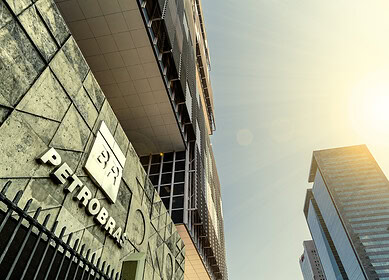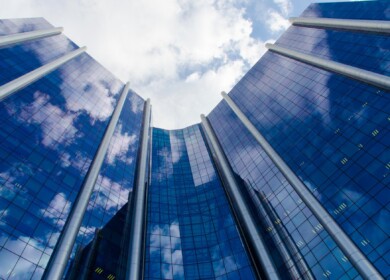Brazil’s Petrobras invests in fertilizer sector with Yara agreement

Petrobras, Brazil’s state-owned oil company, has solidified two strategic agreements with Yara, a global leader in crop nutrition, and Araucária Nitrogenados S.A. (ANSA), Petrobras’ wholly-owned subsidiary. The partnerships aim to revitalize domestic production in the fertilizer and industrial products sectors.
Advancing domestic ARLA 32 production
One agreement involves the production and commercialization of Automotive Liquid Reducing Agent (ARLA 32), a 32% aqueous urea solution used to reduce diesel vehicle emissions. Currently imported, ARLA 32 will now be produced domestically at ANSA’s facility in Paraná, using high-quality urea supplied by Yara. Once the plant resumes full operations, ANSA will begin producing its own raw materials to further reduce dependence on imports. Yara will manage the commercialization of the product.
The deal marks a significant step toward restarting ANSA’s operations, which have been on hold since 2020. Petrobras announced an investment of BRL 870 million (approximately USD 175 million) to reactivate the plant, with operations expected to resume by May 2025.
Innovation in fertilizers and energy transition
The second agreement focuses on technical cooperation between Petrobras and Yara to conduct studies in fertilizer production, industrial processes, and energy transition initiatives. The collaboration aims to develop renewable, low-carbon fertilizers and implement decarbonization projects. Petrobras emphasized that the agreement seeks to enhance production efficiency and expand the availability of sustainable fertilizers in the Brazilian market.
Positioning Brazil for a sustainable future
The agreements underscore Petrobras’ commitment to diversifying operations into fertilizer production and reducing Brazil’s reliance on imports. These initiatives also align with global sustainability goals, emphasizing decarbonization and advancing low-carbon solutions.
Yara, founded in Norway in 1905, is a global pioneer in sustainable crop nutrition and emission-reduction technologies. With operations in over 60 countries and 18,000 employees, the company reported revenues of USD 15.5 billion in 2023. In Brazil, Yara is deeply embedded in major agricultural hubs, working to modernize local fertilizer production while reducing the industry’s carbon footprint.
Impact on Brazil’s agricultural and industrial sectors
The revitalization of ANSA and the local production of ARLA 32 are set to enhance Brazil’s agricultural and industrial competitiveness. By reducing import costs and driving sustainability, these efforts position Brazil as a leader in innovative fertilizer production.
With these initiatives, Petrobras and Yara are setting a precedent for public-private partnerships that drive industrial innovation while addressing critical environmental challenges, fostering both economic and ecological progress.
Enjoyed this story?
Every Monday, our subscribers get their hands on a digest of the most trending agriculture news. You can join them too!
















Discussion0 comments